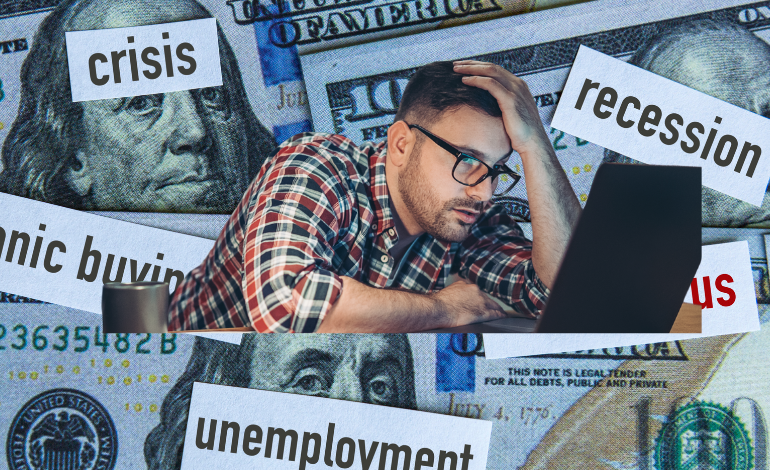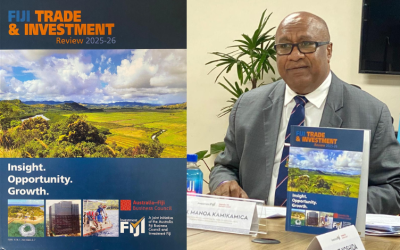A new study by the Asian Development Bank (ADB) has shed light on the resilience of Fiji’s micro, small, and medium-sized enterprises (MSMEs) in the face of major economic shocks, including the COVID-19 pandemic and climate-related disasters. Based on a survey of 2,400 MSMEs conducted in early 2023, the report assesses the effectiveness of government financial support and businesses’ strategies for long-term sustainability.
Government concessional loans provided crucial relief to businesses during the pandemic, helping many MSMEs stabilize operations and maintain employment. However, the study found that the impact of these financial interventions was uneven. Larger businesses, with established financial records and access to collateral, benefited more from government-backed loans, while many microenterprises struggled to access funding. By early 2023, only 8.3 per cent of businesses surveyed had fully recovered, while 65 per cent reported partial recovery, indicating a slow and uneven economic rebound.
The study also highlighted the increasing role of climate resilience in business planning. Climate-related disasters have become a persistent threat to MSMEs, with many businesses learning to adapt independently. Among those that had previously experienced a major natural disaster, 79.3 per cent relied on self-funding to recover, compared to only 11.3 per cent that accessed government support. In contrast, businesses that had not yet faced a climate-related crisis remained more optimistic about external assistance, with 43.8 per cent expecting government aid and 31.8 per cent believing they would qualify for bank loans.
The findings suggest a critical need for a more integrated financial support system that combines short-term relief with long-term climate adaptation. Policy recommendations include expanding concessional loans to smaller enterprises, improving access to financial literacy programs, and developing climate insurance mechanisms. Additionally, stronger collaboration between government agencies, financial institutions, and private investors could create more inclusive funding opportunities for vulnerable businesses.
As climate risks intensify and economic shocks remain unpredictable, Fiji’s MSMEs must navigate an increasingly complex business environment. Strengthening financial infrastructure, providing targeted policy interventions, and promoting climate adaptation strategies will be essential in ensuring the long-term sustainability and resilience of the sector.
Source: (Click to download complete study) Asian Development Bank (2025) – Resilience to Shocks of Micro, Small, and Medium-Sized Enterprises in Fiji.



